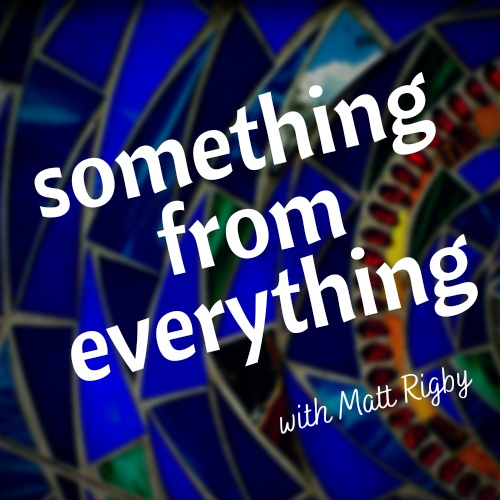
“The language we have is not large enough for the territory we have already entered…”
The above quote was brought to my attention by a famous poet, David Whyte. But they are not his words. Instead they belonged to an American businessman who wanted to hire the poet after listening to a live reading of his poetry. This anonymous businessman knew he needed to hire this artist, this philosopher, to come work in the belly of the beast. To come and work in corporate America.
Let that sink in for just a moment.
To say that I don’t know much about the business world would be an understatement. What little knowledge I have of corporate culture is limited to television, movies, and stories from friends in business. In short, my view of corporate america is largely one of caricature. In my (considerable) ignorance, I can imagine a competitive corporation requiring a number of necessities: Strong leadership. Quality products. Effective lines of communication. Reliable distribution systems. The absolute last thing I would ever think of a business as needing is a poet.
Thankfully, the unknown businessman who spoke to David Whyte saw the complexity of the world around him. He saw individuals working together, attempting to accomplish corporate goals while bringing all their unique baggage to the table. He realized that behind every sale was a relationship, and activities such as buying and selling could not be completely separated from the people who engaged in them.
For me, the example is hyperbole. If this is true there, how true is it here… What other areas can we look around and realize that we do not have language large enough for the complexity we are currently immersed in – the ‘territory we have already entered’? How familiar are we with our surroundings? How much attention have we truly paid them? How often have we been guilty of allowing something (or someone) to be a caricature or generalization. This is mental laziness. This is simplifying something for the sake of easy computation.
Of course, as an adaptive mechanism, simplification has it’s place. Life presents us with stimuli and asks us to categorize it quickly. We need to know if that is a lion or gazelle (or tofudebeast) coming towards us through the tall grass, and we need to react quickly.
And I wonder, as we continually try to do more in less time, to be ever more efficient and effective, whether we don’t reinforce that part of ourselves that makes snap decisions, that categorizes quickly, and simplifies complexity.
“Alertness is the Hidden Discipline of Familiarity”
In one of his poems, David Whyte invites the reader to see that “alertness is the hidden discipline of familiarity”. That saying has traveled everywhere with me this week. It has come with me to all of the places and relationships I am familiar with. It has served as a reminder of what hard work paying close attention is. It is a hidden discipline. And it reminds me that there is a certain type of alertness you can only have in the familiar. It’s when you sit down for coffee with an old friend, and you hear a subtle difference in their voice. When you know that your child is uneasy and needs to be hugged tightly, just for a moment. When you can look past the contours of your partner’s face and look inside their eyes and see them. To see the person you both know and don’t know. To see them in all their astounding sameness and strangeness.
Familiarity is a dangerous thing. It’s the place where we can be most on autopilot, the most disengaged, it is the easiest to navigate. But the time and energy we’ve spent in making it familiar also allows us to see past the surface, past efficient categorizing, past simplicity and into complexity.
How refreshing to discover complexity where you thought you had everything figured out. How surprising to find ourselves in what was previously familiar territory, where our language is now too small. How amazing to begin to see a world that we have no words for.

June 22, 2016 at 10:43 pm
I really like this – it’s Interesting to think about how familiarity (perhaps more specifically – intimacy) breeds alertness. It is my familiarity with a set of surroundings that forms the foundation of what triggers me when something is different. If I didn’t know how things normally were, I wouldn’t know when they were different.
Perhaps familiarity itself isn’t the dangerous thing, but the complacency that comes when the familiarity becomes less enticing than the unknown. Some marriages grow stale, some friendships die off, some Christians become bored with the Gospel…and yet others…don’t.
Why is that?
I’d like to be able to answer that. To become incredibly familiar with my wife…and yet consistently discovering more. To run out of words to describe the complexity of what I am uncovering…that feels like a great adventure.
June 23, 2016 at 9:30 am
Love your insights. Thanks for sharing, and for reading!
I’ve got some thoughts on your comment, but I want to give it some space to bounce around up there a while…